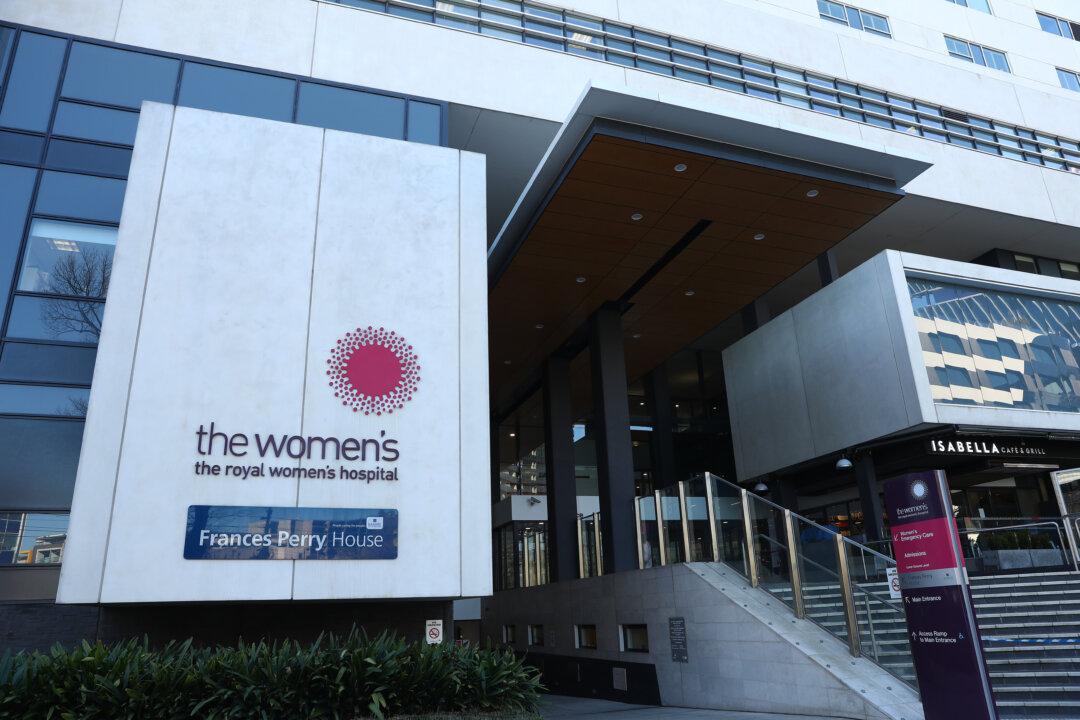A month after the Australian College of Midwives identified a gap in professional indemnity insurance for privately practising midwives, the loophole has still not been closed.
On Oct. 17, the college notified the federal health department that the only available insurance policy for endorsed midwives has an exclusion for intrapartum care (early labour) provided outside of a hospital.





